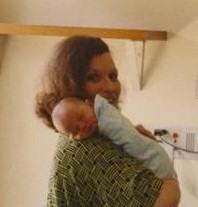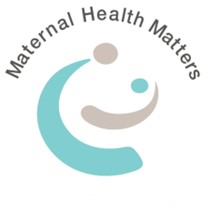World Continence Week – 17th to 23rd June 2022

This year the focus of World Continence Week is on male incontinence and there is useful and educational advice HERE but today we want to focus on incontinence for women. This proved to be an issue of great concern for many women that came to light through a successful class action in 2019 Australia in regard to often debilitating outcomes from transvaginal mesh implants.
Today we are alerting readers to the Continence Foundation Australia who provide a helpline to speak with a Nurse Continence Specialist on 1800 33 00 66. According to CFA “Women make up 80 per cent of people who report living with incontinence, with many experiencing problems after childbirth and menopause”. On this site there is information on topics such as menopause, female pelvic floor, pregnancy, childbirth and prolapse along with guides for exercise and healthy practice, thankfully resources and fact sheets in a range of languages other than English, with a link to NDIS services.
Many women suffer from ongoing depression and anxiety exacerbated by having to manage chronic pain and have ongoing health care needs as a consequence of pelvic floor injury and incontinence. There is also a heightened risk of stress and anxiety in subsequent pregnancies.
The focus on screening, diagnosis and treatment of pelvic floor damage is a focus on the illness. Our society does illness well.
What is not done well is prevention and promoting health. We need to find a balance between preventive and curative measures. We also need a move away from the view that pregnancy is a sickness model.
We at MHM are campaigning for a maternity care system that values prevention. We need to ensure that we address all factors that can produce and maintain an intact pelvic floor, not just help women once they have pelvic floor damage.
